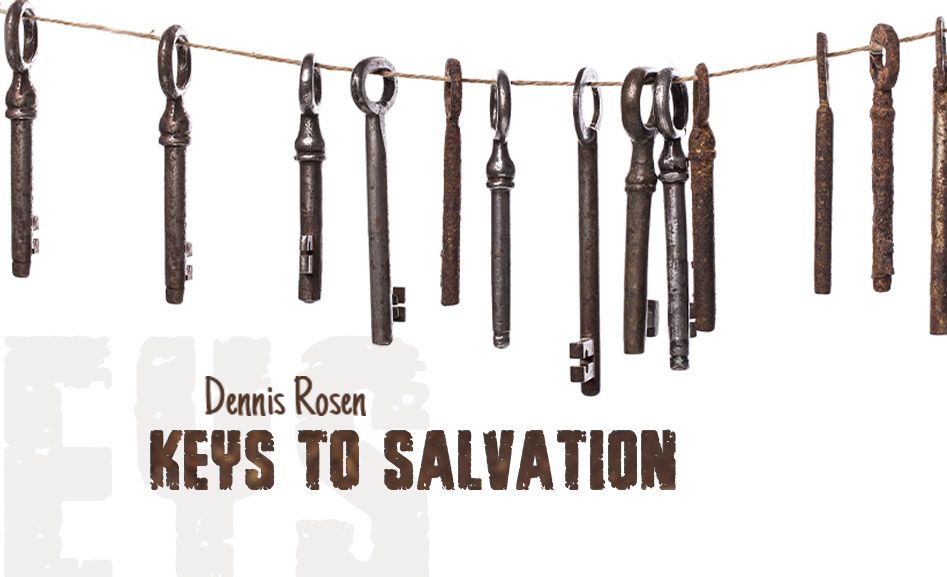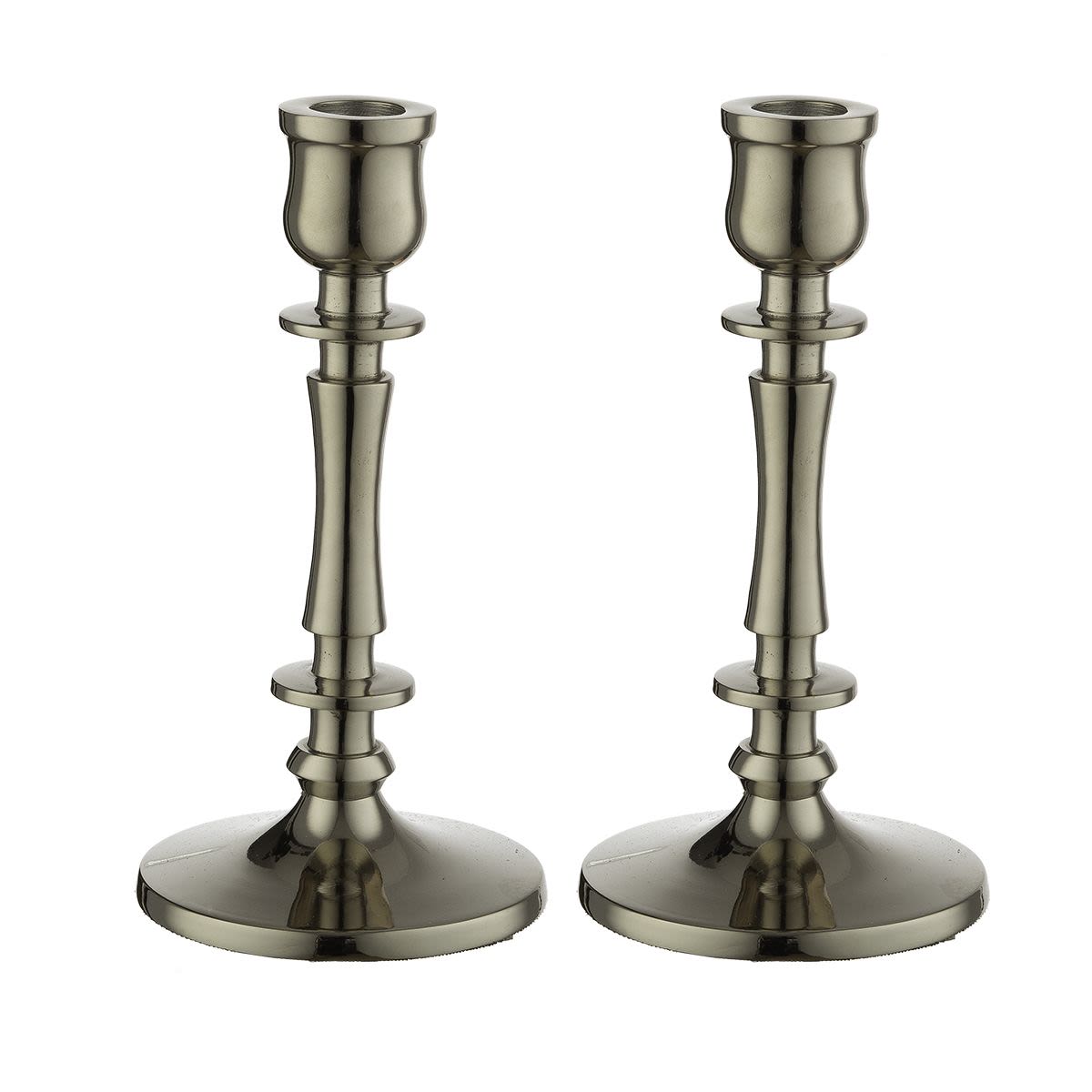
Joy in Jail
Tradition tells us that Joseph the Tzaddik sang and danced all day long despite the horrid conditions of incarceration in Egypt; where did he get the inner strength to do so?

Translated by Rabbi Lazer Brody
If you’d ask anyone what is the last place on earth they’d choose to be, they’d most likely answer, “Prison”. Frequently, I visit penitentiaries and give lessons to inmates. Their lives are not easy. They are much more prone to depression that they are to the common cold. Yet, there’s a lot they can do for themselves to make their lives not only easier, but even enjoyable.
Any person who faces such a difficult and taxing test of faith can be reassured to know that if he or she musters the emuna and inner strength to accept the current predicament with love, then the entire situation is likely to turn around for the better.
Joseph was incarcerated on trumped-up charges (Genesis, 39). Even so, he accepted his plight with happiness. Tradition tells us that Joseph was accustomed to singing and dancing all day long as an inmate. How could he act like that, as a lone Hebrew prisoner in a cruel Egyptian jail? He simply trusted in God, and believed that everything was for the very best.
By virtue of Joseph’s amenable, cheery disposition, the warden took a liking to him and placed him in  charge of the other prisoners. Joseph literally did whatever he pleased whenever he pleased. The minute his Heavenly-decreed sentence was up, he was virtually rushed out of prison to become the second most powerful man in all of Egypt – the world’s greatest superpower at that time – overnight!
charge of the other prisoners. Joseph literally did whatever he pleased whenever he pleased. The minute his Heavenly-decreed sentence was up, he was virtually rushed out of prison to become the second most powerful man in all of Egypt – the world’s greatest superpower at that time – overnight!
Suppose Joseph would have lacked emuna, and would have moped around his prison cell with a long and sour face, complaining about his lot in life. God’s Divine presence departs from the midst of depression and complaint. Without Divine intervention, Joseph certainly wouldn’t have become the warden’s favorite inmate. As a lone, dejected Hebrew prisoner, he might have suffered all kinds of torments from the other prisoners – murderers, thieves, and rapists of the meanest and lowest order. He could have rotted in jail for years, not even daring to dream of freedom, much less of meteoric success as the vice-premier of Egypt! In short, without emuna, he would have suffered a living death.
A long list of innocent and righteous men including Rebbe Shmeur Zalman of Ladi (the “Baal Hatanya”), Rebbe Yisrael of Ruzhin, and Nathan of Breslev spent time in prison, all on false accusations. Yet, they took advantage of their predicaments to devote their entire time and energies to prayer and spiritual gain, using their challenging tribulations as springboards to greatness. Many even authored classic works of spiritual thought behind bars.
No matter how unbearable a situation may seem, a person can take solace in knowing that his or her life is in God’s hands and under His personal care. In retrospect, we always see how He does everything for the very best.
If Joseph and the righteous men mentioned above accepted their incarcerations lovingly and with happiness, despite the fact that they were all falsely accused and convicted, then a less righteous person should certainly do so as well. One should also remember that imprisonment is frequently a substitute for a much more serious tribulation or punishment. Consequently, a person should actually thank God for being in jail.
A prisoner should never forget that God loves him, listens to his prayers anywhere and anytime, and wants him to make amends. If he’s smart enough to utilize his time for prayer, penitence, and whatever good deeds he can do behind bars, then God will surely help him find favor in the eyes of the jailers, the warden, and the parole board. A person should maintain the faith that God has an infinite number of ways to free him from jail.
The Heavenly Court has a serious complaint with a person that doesn’t take advantage of imprisonment for spiritual growth, prayer, and penitence. In jail, a person doesn’t have to worry about making a living, paying bills, or going to PTA meetings. Most inmates have plenty of time at their disposal; God gives them conditions that are conducive for introspection and penitence.
Logically, and in accordance with emuna, an inmate should be well-disciplined and respectful to the guards and prison authorities, and kind to his fellow inmates. Noble deportment behind bars invokes everyone’s admiration, as well as enhanced Divine compassion. Emuna makes a jail sentence so much more bearable.
Many former inmates have testified that their term in jail was an actual turning point in their lives for the better, having terminated their sentences as emotionally and spiritually stronger and healthier people.












Tell us what you think!
Thank you for your comment!
It will be published after approval by the Editor.